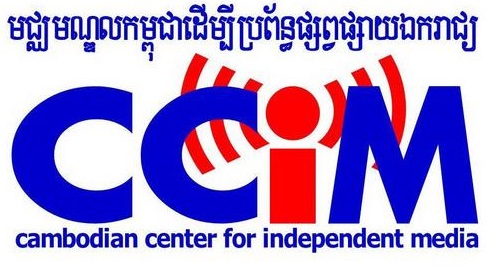New Players
SEATV

South East Asia Television or SEA TV is a national TV channel broadcasting from Phnom Penh. It was the ninth free-to-air terrestrial television channel in Cambodia. SEA TV belongs to South East Asia TV & Radio FM 106 Co., Ltd (S.E.A TV & Radio), a company which also launched its SEA Radio station on FM 106 in July 2007.
Launched in 2010, SEA TV expanded its coverage from 13 to 20 provinces in 2015 and became a 24-hour TV channel. In addition to antenna reception, SEA TV is also available on cable and online and can be viewed in South East Asia countries, China, India, Australia, New Zealand, and Pacific Iceland.
Running under a motto of ‘Education, Culture, and Information’, SEA TV broadcasts various programs including foreign and Khmer series, live concerts, sports, news, culture, and kids program. SEA TV’s most popular program is Indian series, showed during peak time, which takes half of its viewer [CMRD, 2015]. It is one of the most popular TV stations among Cambodian youth after CTV, MYTV, Bayon and Hang Meas [BBC Media Action, 2014, p.12].
Audience Share
2%
Ownership Type
private
Geographic Coverage
National
Content Type
Free-to-air (UHF)
Media Companies / Groups
Southeast Asia TV and Radio FM 106 Co., Ltd.
Individual Owner
General Information
Founding Year
2010
Other Important People
Khem Rany (Kao Kim Hourn's Wife) - License Holder
Contact
Sleng Roleung Village, Sangkat Toek Thla, Khan Sen SokPhnom Penh, Cambodia (PHONE) 023 995 106 (MAIL) tv@seatv.com.kh (WEB) www.seatv.com.kh
Financial Information
Revenue (in Mill. $)
Missing Data
Operating Profit (in Mill. $)
Missing Data
Advertising (in % of total funding)
Missing Data
Market Share
Missing Data
Further Information
The Cambodian media landscape counts at least two new outlets, a TV and a newspaper. Since the former started its daily activity and the latter its broadcasting in 2015, MOM decided not to include as most relevant medium. With less than a year of existence, the audience shares would not be representative of their popularity.
It can be highlighted, however, that their growth is taking place rapidly and their strategy seems more aggressive than the existing media on the market. Both are now hiring journalists and newsroom staffs from existing newsrooms, heightening the competition on both TV and print sectors, which are already highly concentrated.


